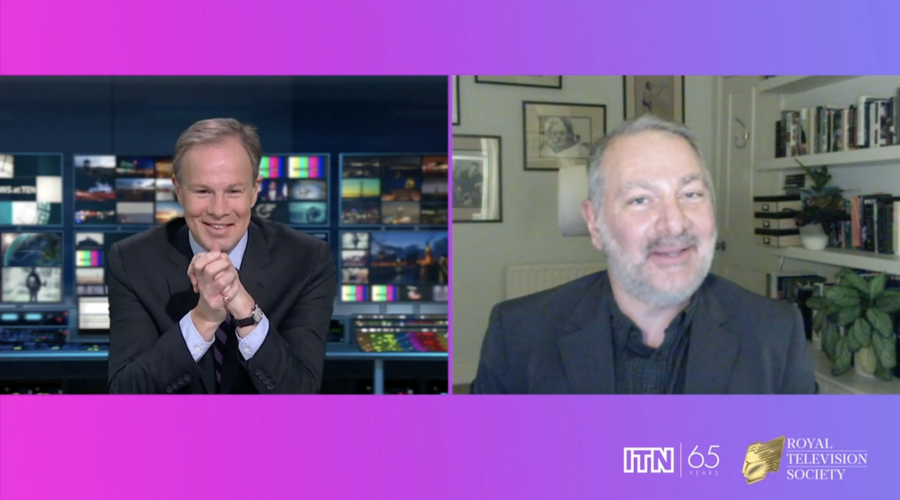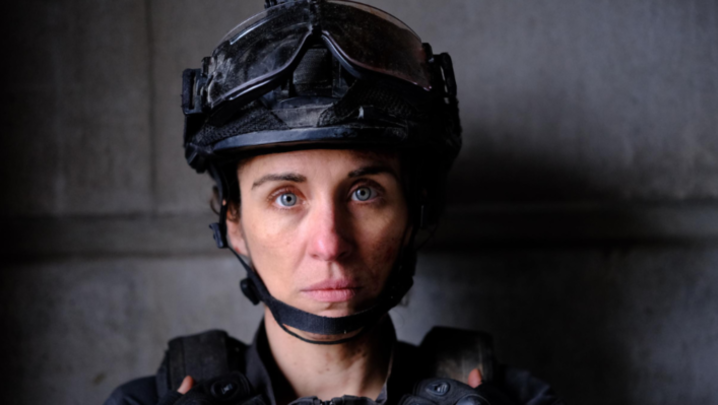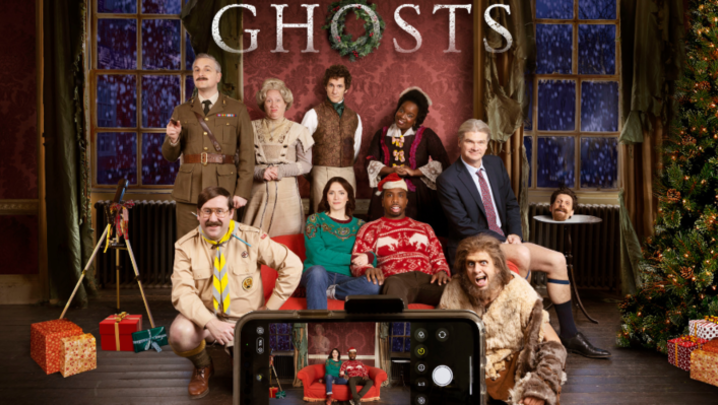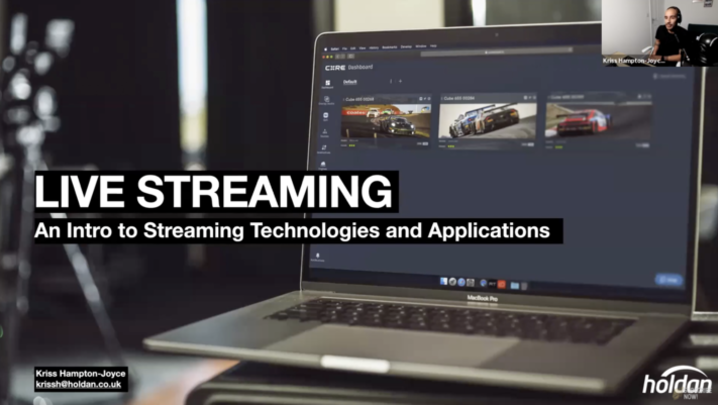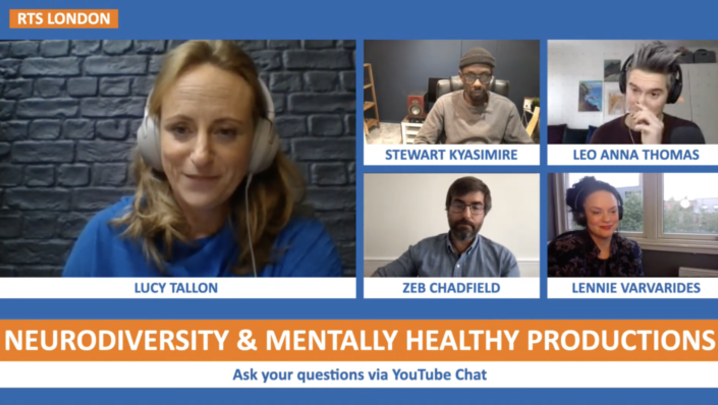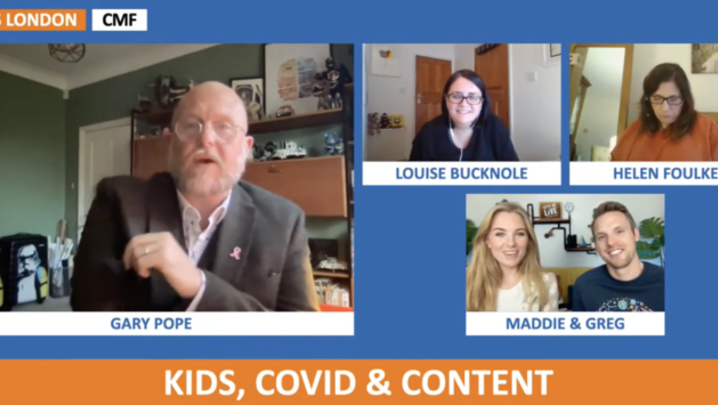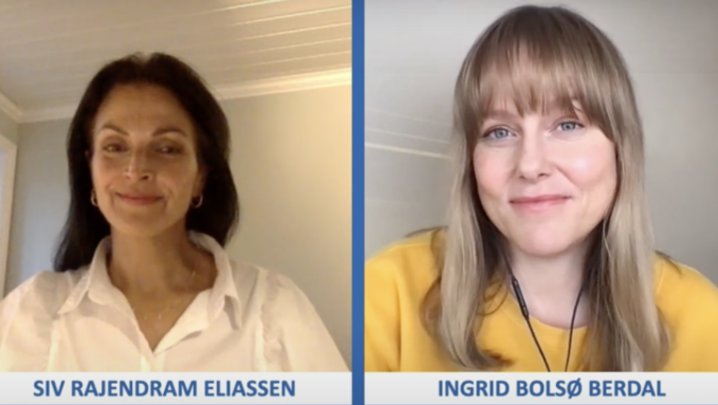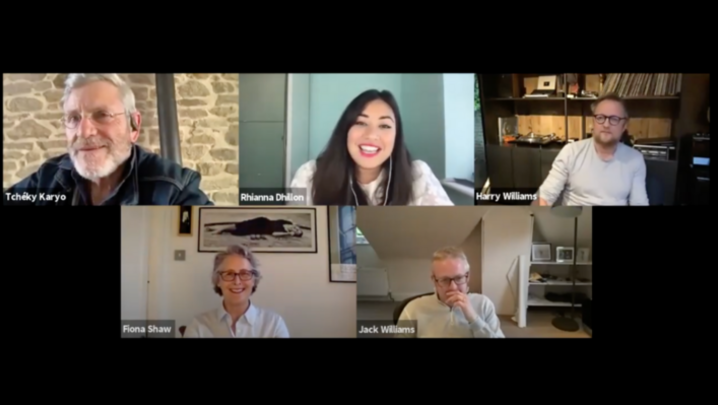A leading Government minister has said that he laments the loss of the in-depth TV political interview.
John Whittingdale, MP, Minister of State for Media and Data, speaking at an RTS event said that in the 1980s ITV’s Brian Walden would devote all his hour-long programme to a set-piece interview with a senior politician.
“Several times I helped Margaret Thatcher prepare for a Walden interview,” he recalled. “We don’t have that in-depth interview any longer.
“Even during an election campaign, you wouldn’t get as long an interview as that. Normally, it’s just a few minutes. Andrew Marr is a very good interviewer, but he doesn’t have that long to quiz his guests. As a result of that we lack something."
The MP was one of three panellists at Television’s Most Memorable Political Moments, an RTS Christmas special chaired by ITN anchor, Tom Bradby.
The panellists were shown a selection of clips from the ITN archive dating back to the 1950s to the more recent Tony Blair years via Harold Wilson and Margaret Thatcher.
One particularly revealing clip was when the late Robin Day interviewed Prime Minister Harold Macmillan for ITN in 1958, widely regarded as the first broadcast interview with a politician that abandoned a deferential approach.
Turning to the recent past, Bradby recalled how he and a team of four producers had worked for hours preparing an interview with David Cameron to tie in with the publication of the ex-Prime Minister’s memoirs.
“I realised it was a long time since I’d done that,” said Bradby, who used to be ITV News's political editor.
He continued: “We’re always trying to think what our audiences would want us to ask. What would they think is reasonable?”
Whittingdale added that he didn’t object to an aggressive interviewing style. “If you’re in public life you have to accept that. Piers Morgan has been very challenging in terms of some of his interviews in the last few months (but) is perfectly entitled to adopt that critical attitude.
“Where I do worry is that in some cases it appears that the interviewer is keener to trip up the interviewee by bringing up something that is not the main issue of the day - to ask a question about past behaviour in the hope of getting some sort of embarrassment out of the guest.
“I don’t think interviewers should set out to make their interviewees look bad. They should probe and test the opinions that have been given to them.”
Jed Mercurio, writer of Line of Duty and Bodyguard, said he found a lot of today’s political TV interviews frustrating.
They lacked the “conversations” that someone like Day would have with politicians.
“What we have now is the real frustration of watching two people speaking at cross-purposes a lot of the time. With ministers being asked direct questions about PPE and testing, I was sick of hearing politicians talking about ‘ramping up’, not dealing with what was going on in the present.”
He added: “The style of interview may be being leveraged against access so we do have politicians avoiding a tougher interview.
“Sometimes a conversational style can elicit more revealing answers than being confrontational."
Journalist and broadcaster Ayesha Hazarika, who worked for the former Labour leader Ed Miliband as his communications advisor, said that taking a softer approach to an interviewer can pay dividends.
“With political interviews less can be more. As an advisor when prepping ministers and politicians for interviews, the more Jeremy Paxman, brutal style of interview in which you knew where the battle lines were drawn, could be less productive than the sofa interviews where a politician’s guard is down.
“They’d be a bit more open emotionally and often something would come out that was unintended.”
Television’s Most Memorable Political Moments was an RTS event held on December 16. The producer was Lisa Campbell, ITN’s director of corporate communications.

